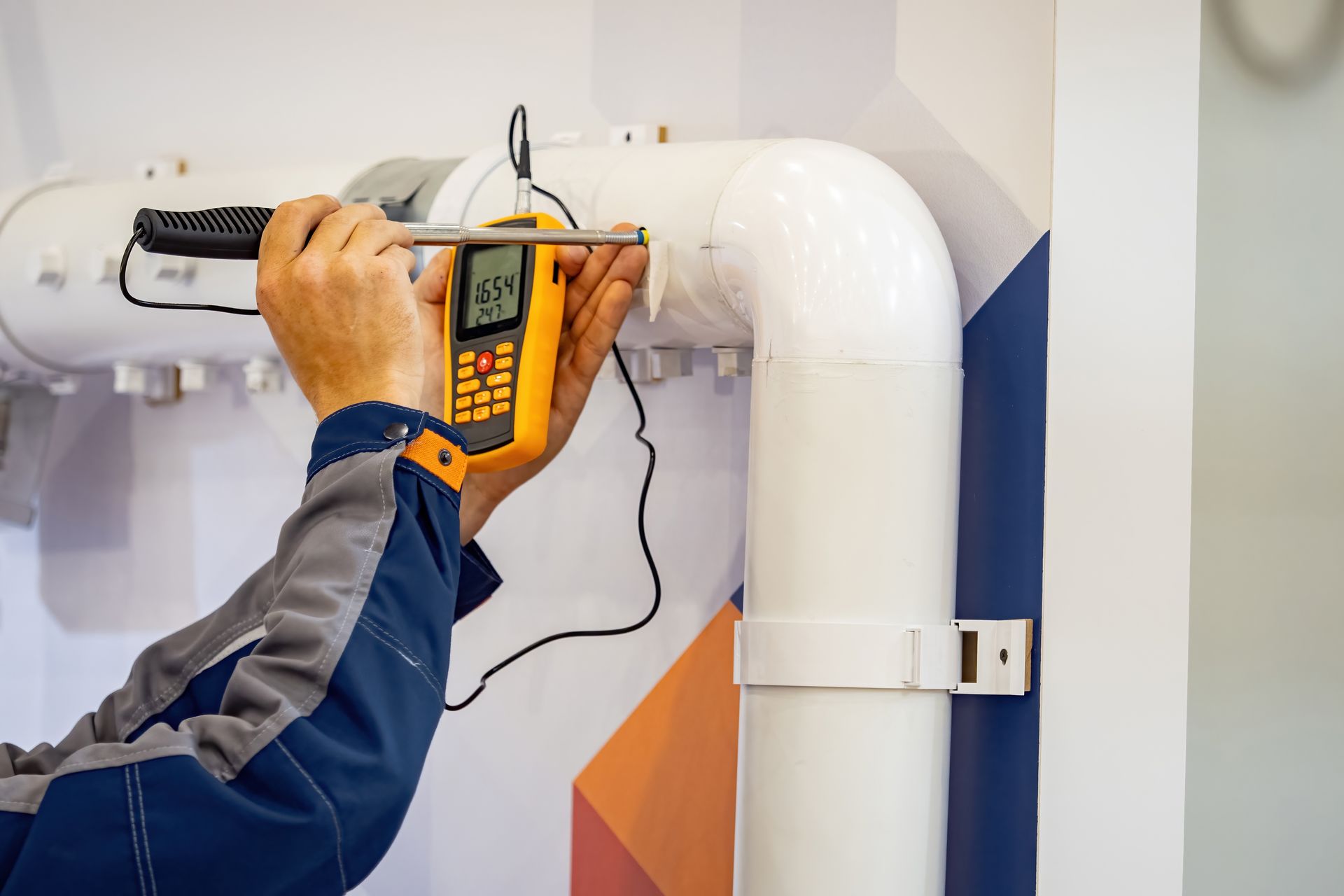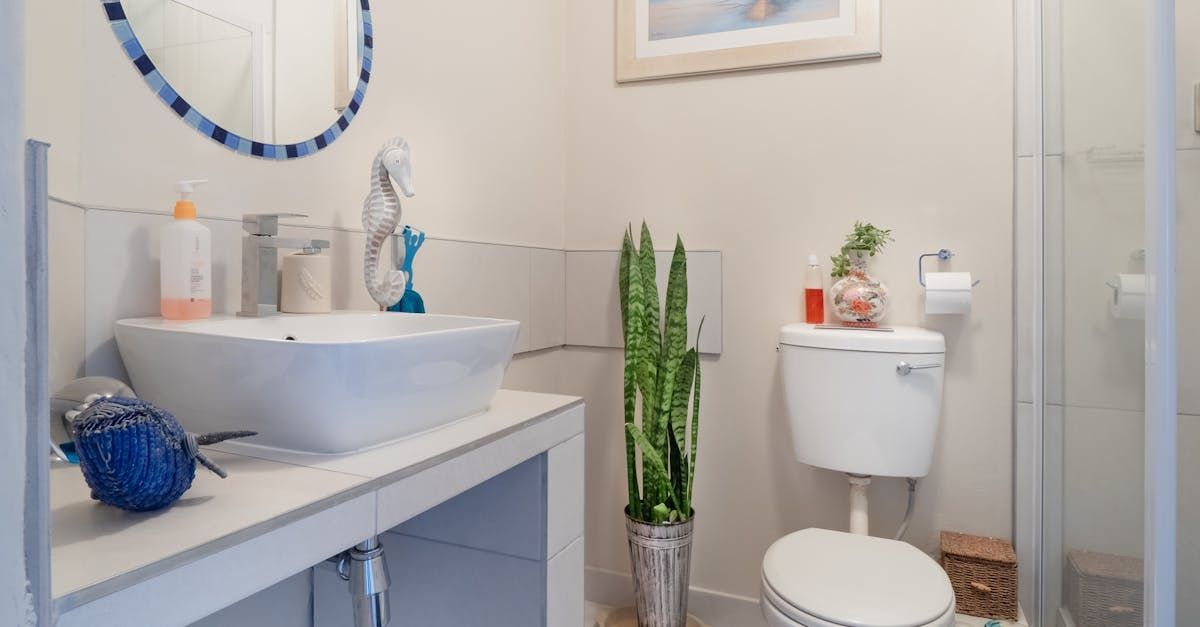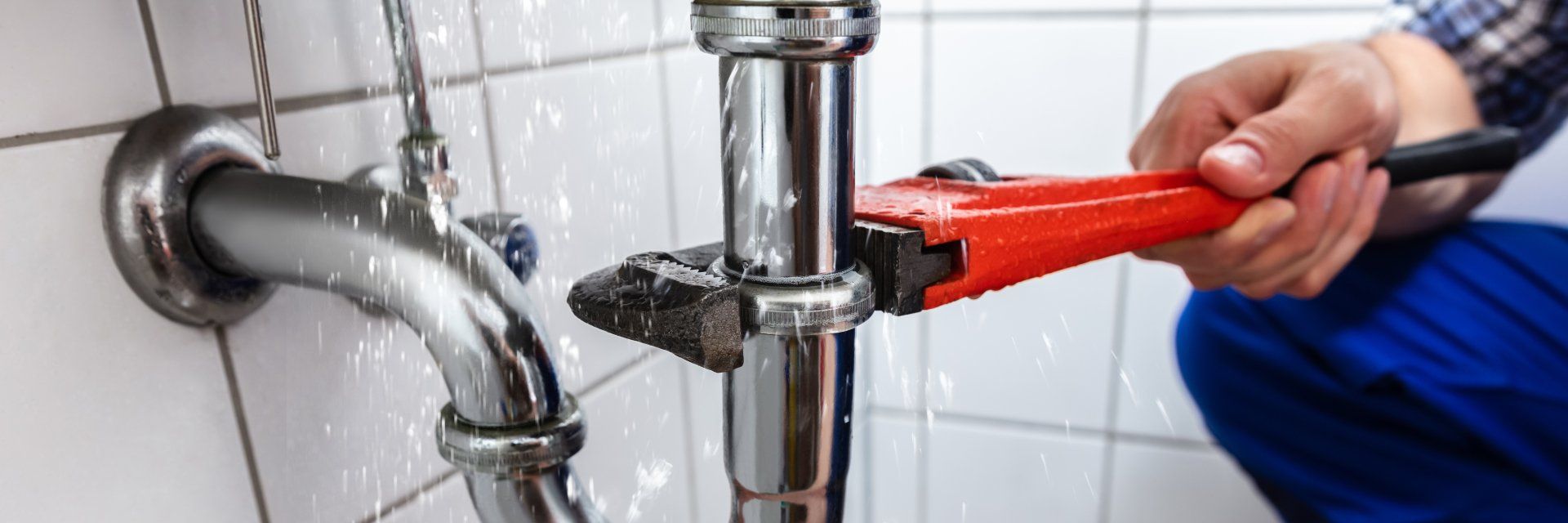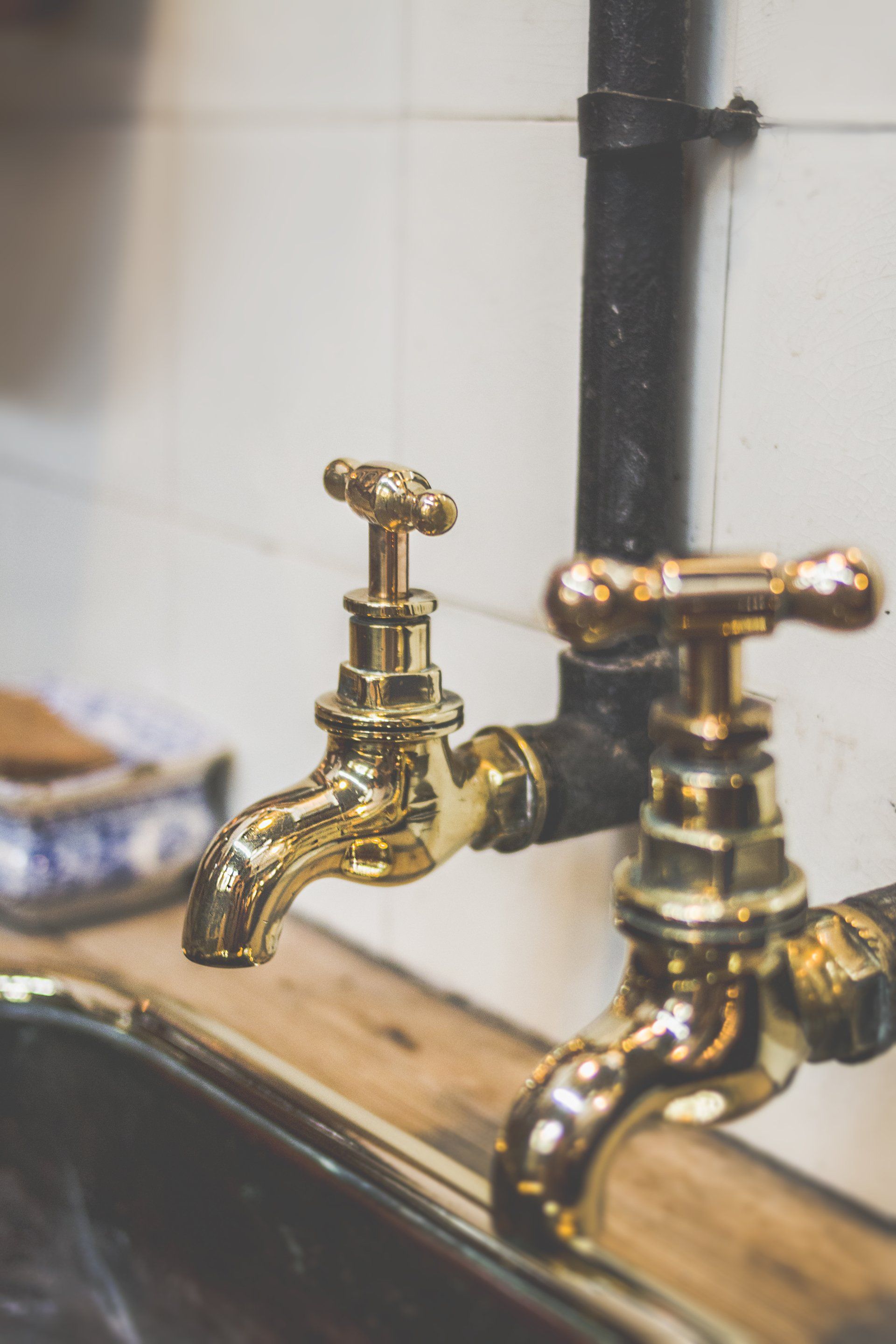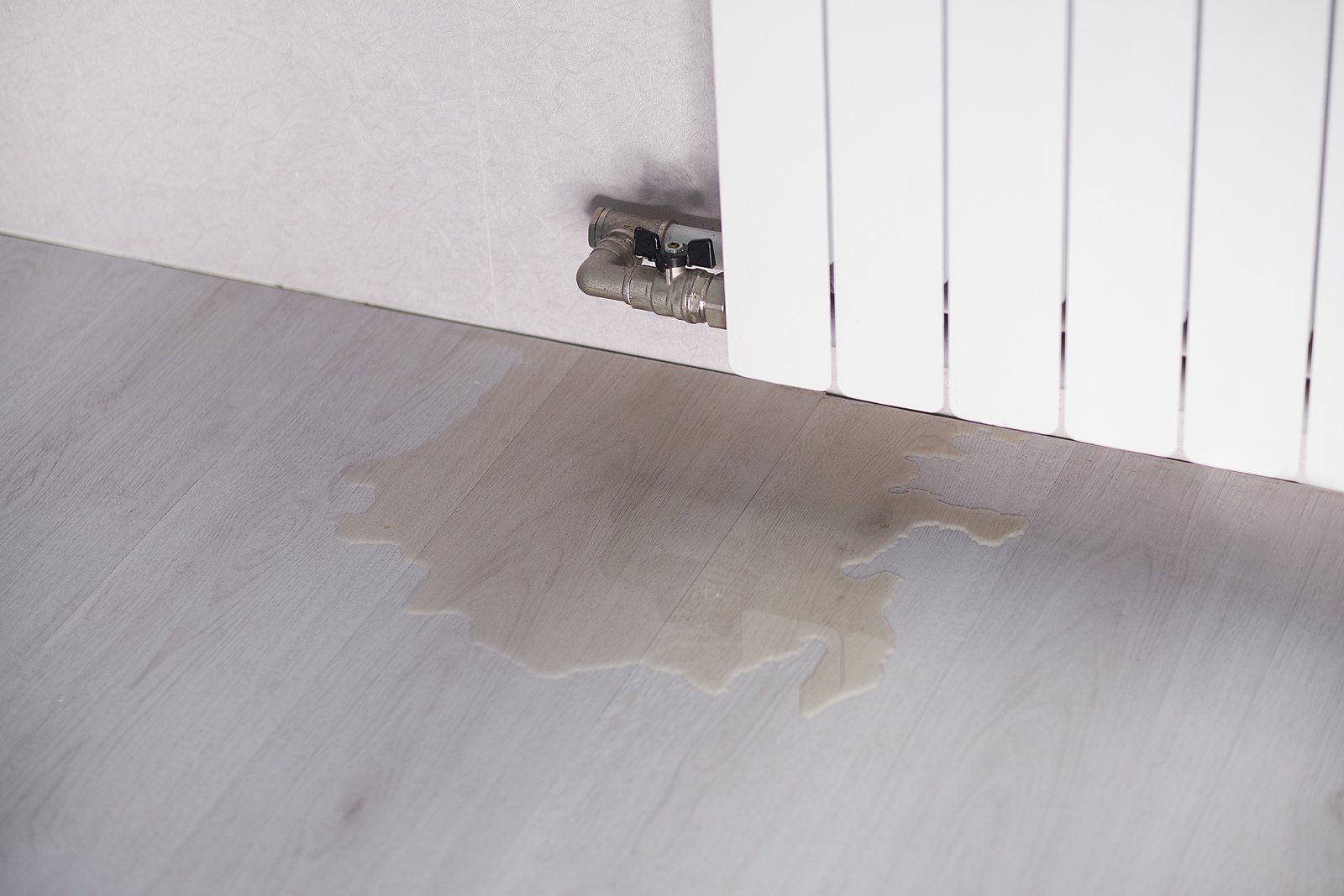How to Prepare for Plumbing Remodeling Services
Prep for Plumbing Remodeling Services
Prep for Plumbing Remodeling Services
Undertaking a plumbing remodeling project is an exciting venture that can breathe new life into your home while improving its functionality and efficiency. Whether you're renovating your kitchen, bathroom, or entire home, careful preparation is essential to ensure a successful and stress-free plumbing remodeling service. In this blog, we'll provide you with a step-by-step guide on how to prepare for your plumbing remodeling project.
1. Define Your Project Scope
Before diving into any remodeling project, it's crucial to clearly define your goals and project scope. Determine what specific plumbing changes you want to make, whether it's installing new fixtures, relocating plumbing lines, or upgrading your entire plumbing system. Having a well-defined plan will help you communicate your needs effectively to your plumbing contractor.
2. Choose the Right Plumbing Contractor
Selecting the right plumbing contractor is perhaps the most critical step in your preparation process. Look for a licensed and experienced plumbing professional who specializes in remodeling projects. Ask for references, read reviews, and check their portfolio to ensure they are qualified for the job. Collaborating with a reputable contractor ensures your project runs smoothly and is completed to your satisfaction.
3. Set a Realistic Budget
Determine your budget early in the planning phase. Be clear about how much you're willing to invest in your plumbing remodeling project. Your budget will guide your decisions throughout the project and help your contractor recommend suitable fixtures and materials that align with your financial goals.
4. Create a Detailed Plan
Work with your plumbing contractor to create a detailed plan for your remodeling project. This plan should include a timeline, a list of necessary materials and fixtures, and a step-by-step outline of the work to be done. A well-structured plan will help you stay organized and ensure that nothing is overlooked.
5. Choose Plumbing Fixtures and Materials
Selecting the right plumbing fixtures and materials is an essential part of your preparation. Consider factors like style, durability, water efficiency, and ease of maintenance when choosing fixtures such as faucets, sinks, toilets, and showers. Consult with your plumbing contractor to make informed decisions based on your project's requirements and your personal preferences.
6. Prepare Your Home
Before the remodeling work begins, prepare your home by removing any obstacles or items that could hinder the contractor's access to the work area. Clear out cabinets, countertops, and appliances in the kitchen or bathroom to create a safe and efficient workspace. This step helps streamline the remodeling process and ensures the contractor can work without unnecessary disruptions.
7. Communicate with Your Contractor
Maintaining open and clear communication with your plumbing contractor is key to a successful remodeling project. Discuss your expectations, concerns, and any changes to the plan as they arise. Regular communication ensures that everyone is on the same page and helps avoid misunderstandings during the project.
By following these steps and preparing thoroughly for your plumbing remodeling service, you can embark on your project with confidence. With the right planning and a trusted plumbing contractor by your side, you can transform your space into the functional and stylish area you've always dreamed of.
